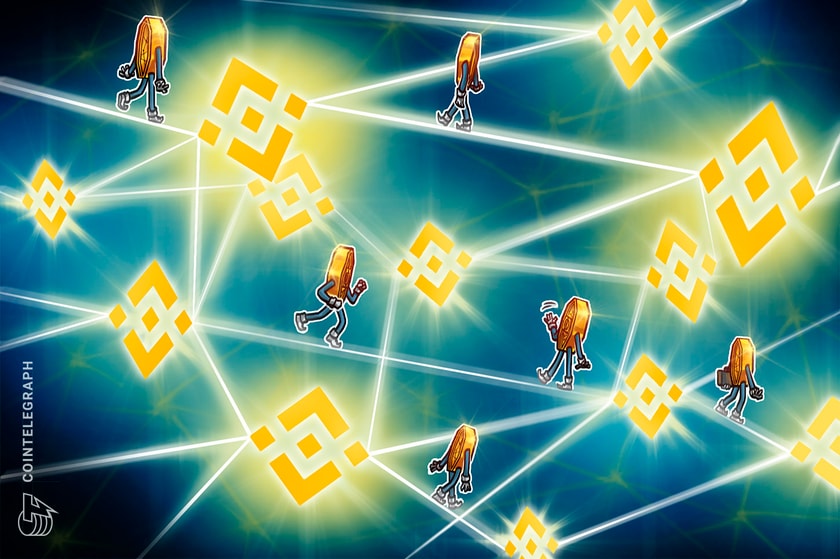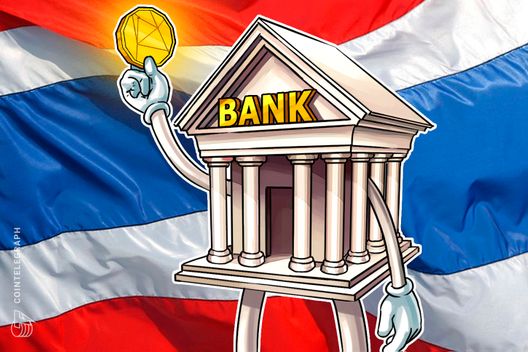Bitcoin S2F model gives false sense of certainty, says Vitalik Buterin
Bitcoin S2F model gained a lot of popularity during the peak of the bull run, and even though there was criticism, most of it was ignored as the price seemed to follow the chart.
387 Total views
3 Total shares

Ethereum co-founder Vitalik Buterin has criticized the controversial Bitcoin (BTC) stock-to-flow (S2F) model, popularized by a pseudonymous Dutch institutional investor known as PlanB.
The BTC stock-to-flow model gained a lot of attention during the bull run as it got several price predictions right, however, the model deviated on a number of occasions during the bull market as well.
Buterin joined the growing list of critics of the model that aims to predict the price of BTC:
Stock-to-flow is really not looking good now.
I know it’s impolite to gloat and all that, but I think financial models that give people a false sense of certainty and predestination that number-will-go-up are harmful and deserve all the mockery they get. https://t.co/hOzHjVb1oq pic.twitter.com/glMKQDfSbU
— vitalik.eth (@VitalikButerin) June 21, 2022
The S2F model quantifies an asset’s price based on its scarcity and was primarily used for popular metals such as gold and silver. PlanB’s popularized BTC S2F model suggests that BTC’s price will continue a steady and impressive path upward with approximately tenfold returns every four years.
The critical problem with the S2F model that many critics have pointed out is the one-sided estimation, where it only takes into account the supply side of BTC while assuming that demand will continue to grow.
Related: Vitalik Buterin shares his thoughts on non-financial use-cases for blockchain
While BTC demand has shown significant growth, other factors such as inflation aided by the Fed money printing spree have significantly affected the buying power of consumers. Thus, the S2F model doesn’t take into account several macroeconomic factors that mostly affect the market sentiments.
Correct, the model only accounts for scarcity/s2f-ratio, that is the only model input. All the rest, demand, macro, crypto, covid, war etc, causes deviation. The model is VERY rough. Also, current extreme macro backdrop causes all metrics (rsi, 200wma etc) to show extreme values.
— PlanB (@100trillionUSD) June 20, 2022
Plan B responded to Buterin’s criticism claiming “people are looking for scapegoats for their failed projects or wrong investment decisions.”
After a crash aome people are looking for scapegoats for their failed projects or wrong investment decisions. Not only newbies but als “leaders” fall victim to blaming others and playing the victim. Remember those who blame others and those who stand strong after a crash. https://t.co/4nJdHq84pm
— PlanB (@100trillionUSD) June 21, 2022
According to the S2F model, BTC was slated to touch the $100,000 mark by the end of December 2021. While he had admitted in the past that there would be certain flaws driven by external factors, the popularity of the model during peak bull run pushed down most criticism.
We will know by end 2021: S2F predicts btc has to have been over $50k (even $100k if you use the new model), where Dave’s model is below $30k. Also Dave predicts next top at $81k, where S2F points at a (3x) multiple of $50-100k.https://t.co/yQk6GZvTdb
— PlanB (@100trillionUSD) September 3, 2019
The debate around flawed financial models comes at a time when BTC has recorded a new four-year low of $17,748. The price of the top cryptocurrency was trading at $21,321 at the time of publishing, registering a 4% rise over the past 24 hours.









